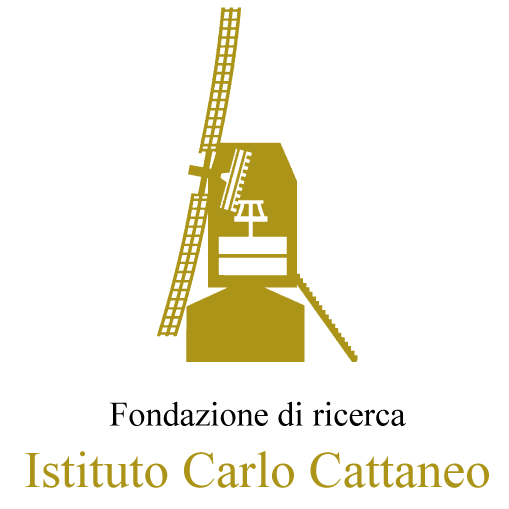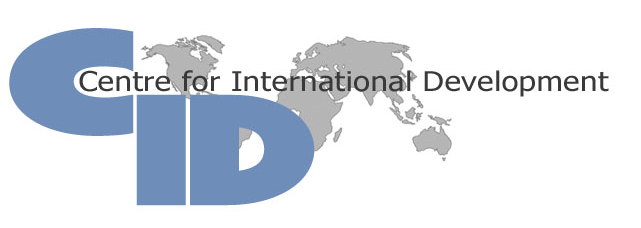
Outcome Harvesting
for Complex Development Programmes
Outcome Harvesting is a utilisation-focused, highly participatory evaluation tool that enables evaluators, grant makers, and managers to identify, formulate, verify, and make sense of outcomes they have influenced when at the time of planning the relationships of cause-effect were substantially unknown. As the UNDP says, Outcome Harvesting is “an evaluation approach that — unlike some other methods — does not measure progress towards predetermined outcomes, but rather collects evidence of what has been achieved, and works backward to determine whether and how the project or intervention contributed to the change”. [UNDP Discussion Paper, “Innovations in Monitoring & Evaluation”, August 2013] In response to Outcome Harvesting having become mainstream in recent years, Ricardo Wilson-Grau who developed the approach, wrote with practitioners contributions, the book “Outcome Harvesting, Principles, Steps and Evaluation Applications” that was published in November 2018. The website www.OutcomeHarvesting.Net and its discussion forum is devoted to supporting the growing number of Outcome Harvesting practitioners around the world.
Expected Result: Participants will have sufficient knowledge and skills to be able to continue learning how to adapt the Outcome Harvesting approach to monitoring and evaluation to their specific needs following the workshop.
Target audience: Evaluators and commissioners of evaluations of development and social change with no previous experience with Outcome Harvesting.
Level of participants: Intermediate — Participants should have knowledge and experience of evaluation.
Methodology: The workshop embodies the hands-on, participatory values that are at the core of this utilisation-focused evaluation approach, combining theory and examples with group discussion, individual reflection and small group practical exercises all revolving around a case study especially written for this CID workshop. Special attention is given to dealing with the uncertainty about the causal relationships linking inputs, activities and outputs with the outcomes of development interventions. The participants will apply all concepts embodied in the six steps in working groups. The nine underlying principles will be explained throughout the workshop with examples from evaluative experience. Thus, participants will build their practical capacities and leave the course with skills in adapting this tool to evaluate interventions for the purposes of both accountability and improving performance.
|
Program Dates |
June 10 – June 12 (three full days) |
|
Location |
Bologna, Italy |
|
Schedule |
Monday, Tuesday, Wednesday |
|
Application Deadlines |
Early Review Deadline (International applicants must apply by this date):
April 30, 2019 |
|
How to apply |
Download the application form at this
link |
|
Program Fees* |
800 Euros (early review) |
|
Scholarships |
Students from developing countries may qualify for a partial tuition waiver, depending on the number of course participants. |
*note that fees do not include travel, lodging, meals or visa and insurance
Program
|
Sessions |
Learning objectives |
|
MONDAY |
|
|
Introductions, agenda and process |
-- |
|
Outcome Harvesting’s niche: complex social change |
Appreciate the implications of complexity for monitoring and evaluation |
|
“Outcomes” in the Outcome Harvesting approach |
Distinguish a development outcome from outputs and impact. |
|
Lunch |
|
|
Outcome Harvesting: essential concepts |
Identify outcomes |
|
Step 1. Design Primary users, principal uses, useful harvesting questions, information required, sources, and resources |
Distinguish OH users and their uses from audience for the harvest Formulate useful harvesting questions |
|
Evaluative reflection on first day |
|
|
TUESDAY |
|
|
Step 2. Review documentation and draft outcomes |
Identify and formulate a change in a societal actor and how an intervention contributed |
|
Lunch |
|
|
Step 3. Engage with informants |
Craft verifiable outcomes |
|
Step 4. Substantiate |
Apply criteria for selecting outcomes and substantiators |
|
Evaluative reflection on second day |
|
|
WEDNESDAY |
|
|
Step 5. Analyse and interpret outcomes |
Organise the findings to provide evidence-based answers to the useful harvesting questions |
|
Lunch |
|
|
5. Analyse and interpret outcomes, continued |
Answer with evidence the useful harvesting questions(s) |
|
6. Support the use |
Assist primary users in using the process and findings |
|
Evaluation |
Contribute to critical reflection on the achievements of the workshop |
Trainer

Conny Hoitink
Conny, evaluator, facilitator and trainer, will deliver the workshop. Since 2004 and at various intervals, she worked together closely with Ricardo Wilson-Grau, who developed the Outcome Harvesting approach and who conducted this summer school until his death in 2018. Conny has 30 years of experience in international development, in different approaches to strengthening civil society, through monitoring and evaluation including outcome harvesting, advising on capacity development, training in rural development and evaluations for grant-making. Conny lived and worked in India, Mali and Zambia and worked as lead and resource person for Oxfam Novib program and campaign officers on strategy development, implementation and monitoring. She provided numerous training workshops, mainly in East and West African countries as well as India. As an outcome harvesting consultant, she advises on and implements the introduction of outcome harvesting for monitoring, evaluation and learning. In addition, she works with university students on self-reflection to support well-informed choices in their studies and occasionally coaches individuals. She is also connected to Wetlands International as their senior monitoring and evaluation advisor where she introduced outcome harvesting, in the organisation as well as in several of its partnerships. Conny is based in the Netherlands and currently one of the leaders taking over of the Outcome Harvesting Community from Ricardo.
Institutional Partners
This is the 13th annual season of the Monitoring and Evaluation Professional Summer Training Programme for Development Experts and Practitioners. Over the years, the programme has been jointly promoted by the Centre for International Development (CID Bologna), the University of Bologna Department of Economic Sciences (DSE-Unibo), the Cattaneo Institute Research Foundation and the Center for International Development at the State University of New York (CID-SUNY).
Location – Bologna, Italy
Bologna is a medieval university town in northern Italy. Bologna is a city of contrasts. It is the home of Europe’s oldest university, established in 1088, yet the city maintains a youthful spirit, rife with students, concerts, political activism and chic to simple bars. It is legendary for its traditional cuisine, but is home to some of Italy’s most innovative and trendy restaurants. It is also less touristy than more famous Italian cities (like nearby Venice or Florence), which lends itself to a more authentic experience.


